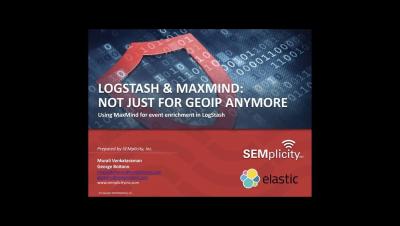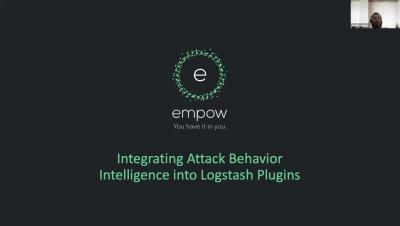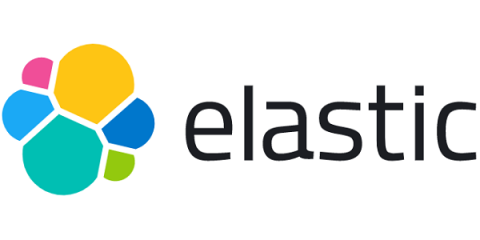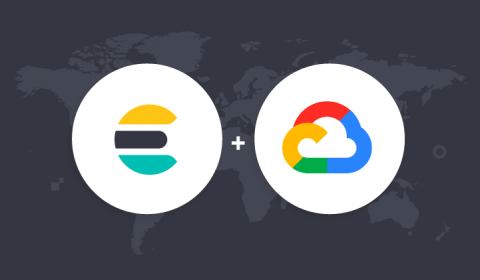Operations | Monitoring | ITSM | DevOps | Cloud
Elastic
macOS vs. Windows - What kernels tell you about security events: Part 1
How would you compare the Windows and macOS operating systems? In what ways are they similar? Why do they each take different approaches to solving the same problem? For the last 19 years I've developed security software for Windows. Recently, I’ve started implementing similar features on macOS. Since then, people have asked me questions like this. The more experience I gained on these two operating systems, the more I realized they’re very different.
Elastic introduces OpenTelemetry integration
We are pleased to announce the availability of the Elastic OpenTelemetry integration — available on Elastic Cloud, or when you download Elastic APM. This integration continues our to openness by embracing open standards support for the evolving OpenTelemetry standard for observability
New on Elastic Cloud: Self-service subscriptions, in-place configuration changes
We’re pleased to introduce you to the latest Elastic Cloud features and functionality. Grab a cup of your favorite beverage and five minutes, and let’s dive in.
Kibana platform migration: Lessons in large scale cross-team collaboration
When Kibana 4.0 was created back in 2015, it only had three apps: Dashboard, Visualize, and Discover. Fast forward five years, Kibana now consists of 100+ plugins, millions of lines of code, thousands of dependencies, and dozens of frameworks. The architecture of Kibana that worked well with three apps had become a bottleneck that was hindering Kibana’s stability, scalability, performance, and development velocity.
Integrating Attack Behavior Intelligence into Logstash Plugins
Introducing a new architecture for Kibana
We’re excited to share more details today about a long-running project that the Kibana team has been working on for the past couple of years: the Kibana development platform.
Elastic Security opens public detection rules repo
At Elastic, we believe in the power of open source and understand the importance of community. By putting the community first, we ensure that we create the best possible product for our users. With Elastic Security, two of our core objectives are to stop threats at scale and arm every analyst. Today, we’re opening up a new GitHub repository, elastic/detection-rules, to work alongside the security community, stopping threats at a greater scale.
Canonical, Elastic, and Google team up to prevent data corruption in Linux
At Elastic we are constantly innovating and releasing new features. As we release new features we are also working to make sure that they are tested, solid, and reliable — and sometimes we do find bugs or other issues. While testing a new feature we discovered a Linux kernel bug affecting SSD disks on certain Linux kernels. In this blog article we cover the story around the investigation and how it involved a great collaboration with two close partners, Google Cloud and Canonical.
Preventing "copy-paste compromises" (ACSC 2020-008) with Elastic Security
The Australian Cyber Security Centre (ACSC) recently published an advisory outlining tactics, techniques and procedures (TTPs) used against multiple Australian businesses in a recent campaign by a state-based actor. The campaign — dubbed ‘copy-paste compromises’ because of its heavy use of open source proof of concept exploits — was first reported on the 18th of June 2020, receiving national attention in Australia.










